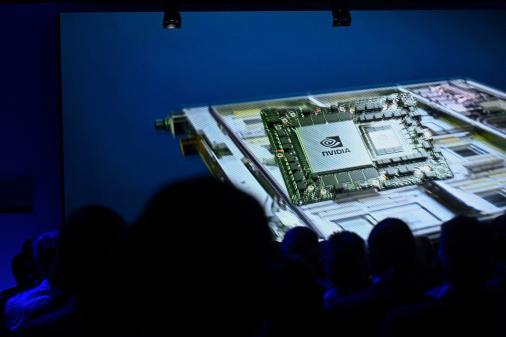House lawmakers seek better tech for Commerce in fight against foreign powers

A national security-focused Commerce Department component would get fresh IT investments to help keep dual-use U.S. technologies from ending up in the wrong hands under a bill reintroduced late last week by a bipartisan pair of House lawmakers.
The Bureau of Industry and Security IT Modernization Act from Reps. Jason Crow, D-Colo., and Tom Kean, R-N.J., calls for upgrades to information technology systems at Commerce’s Bureau of Industry and Security (BIS), which is charged with advancing national security priorities via tech leadership and export controls.
Those IT upgrades are aimed at helping BIS better track American-made dual-use technologies — which can be used for either commercial or military purposes — so that they aren’t made available to China, Russia or other foreign adversaries.
“Protecting the U.S. from foreign threats is not a partisan issue,” Crow said in a press release. “Our bipartisan bill helps keep us safe by making it harder for critical U.S. technologies, like chips and advanced computer software, from falling into the hands of America’s adversaries.”
Said Kean: “As America’s adversaries, like China and Russia, become more brazen and aggressive, it is more important than ever to strengthen our export controls and sanctions enforcement to protect our national security. The bipartisan BIS IT Modernization Act is a critical step to ensure the Bureau of Industry and Security has the modern tools it needs to keep American technology out of the hands of those who seek to use it against us and our allies.”
The bill calls on the bureau to replace its current IT systems with “a unified environment” featuring “seamless case and customer relationship management” and is able to provide analysis of trade data from external providers, per the bill text.
The lawmakers envision “cutting-edge data fusion” paired with analytics, other decision-making capabilities and supply chain “illumination tools” to paint a better picture of the global industrial relationship landscape.
The technology would track military users and flag “evasive trade patterns and shell companies” through enhanced processes. The bill also seeks to expand data-sharing initiatives with federal agencies, the intelligence community, international partners and industry.
The cost for these efforts would be $25 million annually from fiscal years 2026 through 2029. The House Foreign Affairs Committee and the Senate Banking Committee would be consulted on the particulars and part of the appropriations process.
Both congressmen have championed other legislation in recent years related to technology and national security, including a bill from Kean to strengthen protections against overseas threats to U.S. networks and one from Crow that would track emerging technologies around the globe.
The reintroduction of the bill comes at a time when the U.S. seems to be walking back parts of its export control policy, which limited or outright banned the sales of chips, artificial intelligence tools and other tech items to China. According to the BBC, the Trump administration struck a deal to allow chip makers Nvidia and AMD to pursue export licenses to China by paying the U.S. government 15% of its Chinese revenues.






